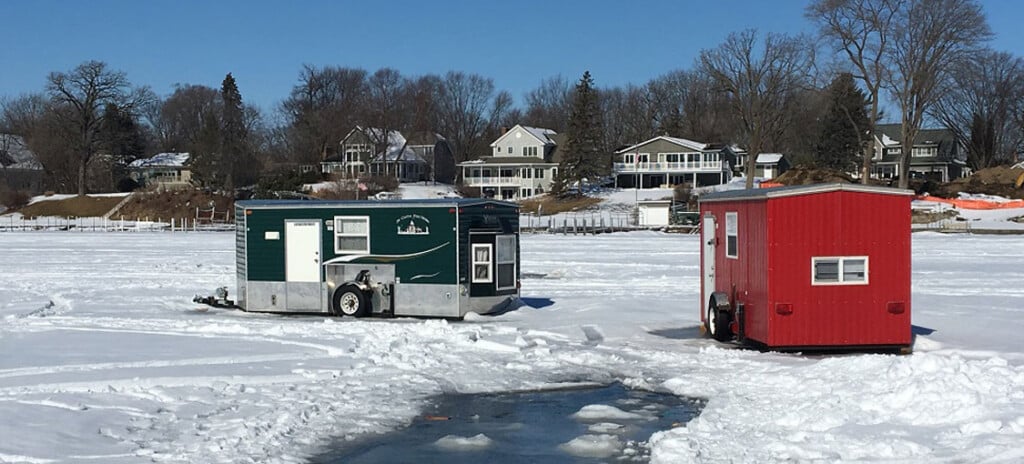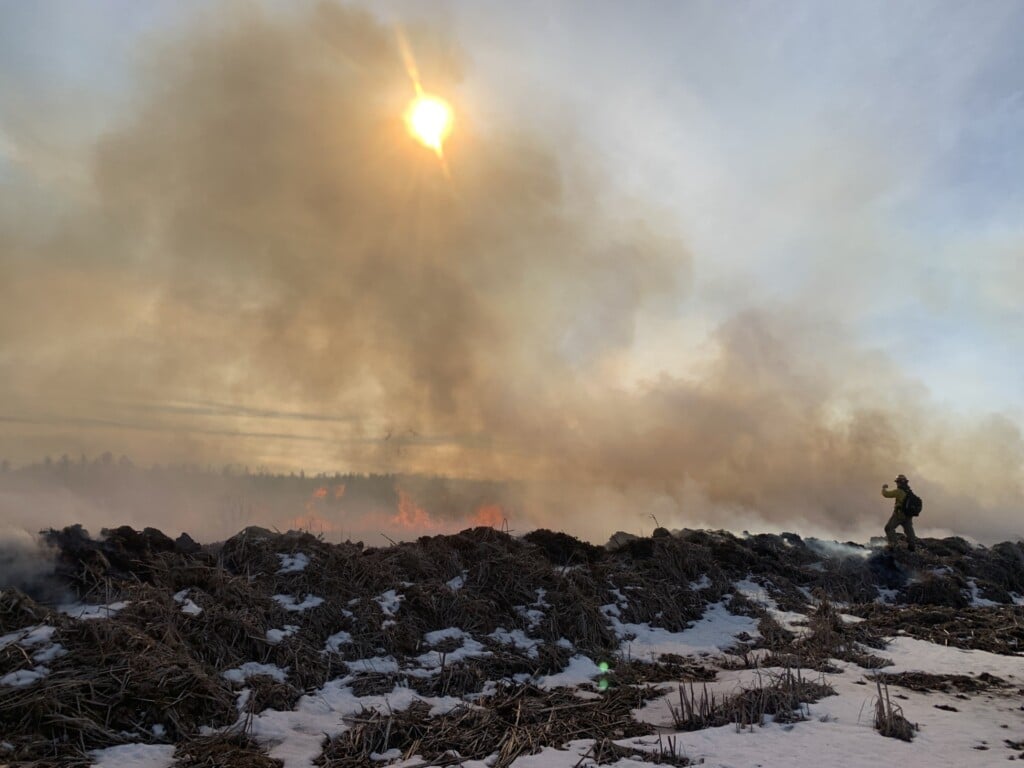Wildwoods Preparing for Spring, Warning About Rabbit & Bird Diseases
DULUTH, Minn. – The arrival of spring weather means the emergence of baby animals in the wild.
Wildwoods Wildlife Rehabilitation took their first assistance call of the season March 21, reuniting a baby squirrel with its mother. They are reminding people to watch for nests, burrows, and dens as they begin yard, tree, and garden work. Removing a baby animal’s home can cause them to become orphans.
“If you do want to cut a tree down, we caution you to make sure that there’s no squirrel nests or other birds nests in the trees,” says Executive Director Jessica LaBumbard, “because that’s how a lot of our orphans come to us. The tree is removed, and the baby gets separated from the mother. *In some of those cases we can’t do a reunification process, so we raise the orphans here. So just look at your trees, be careful in your garden, and look for these babies’ nest, and just give them some time so that the mother can raise them and they can be on their way.”
Wildwoods is concern about two new diseases; rabbit hemorrhagic and avian influenza. With them likely to pass through the Northland this year, LaBumbard says they want people with rabbits and birds to call them before bringing them, since they will be increasing quarantine and isolation.
“These two disease spread very easily and rapidly,” says LaBumbard. “We have to try to do everything in our power to make sure that these disease do not enter our facility. We will still be accepting species after the phone triage process, but even when they come here they are going to have to go through a quarantine and an isolation process.”
LaBumbard adds that people who own rabbits can reach out to their veterinarian to discuss a possible vaccine from rabbit hemorrhagic, and those with flocks and birds to follow guidelines from the USDA to keep them safe.
Wildwoods adds a change in their permit will allow them expand and increase the number of animals they can assist. Last year they helped 13-hundred-8.
They are also hosting a “Keeping Wildlife Wild” educational program the evening of March 23 to help educate people on how best to handle baby animals when you spot them. You can call them at 218-491-3604 to sign up.







